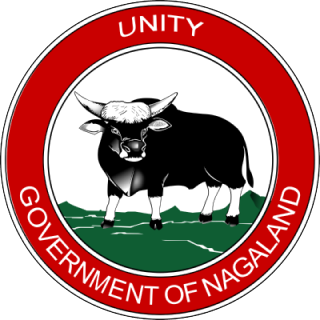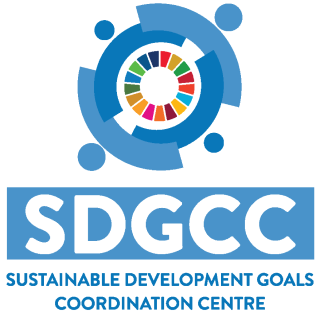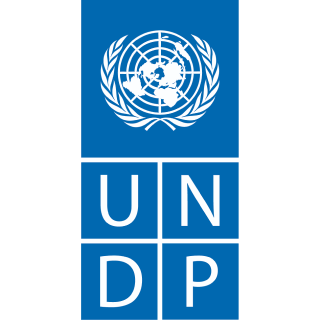Sustainable Development Goals

The Sustainable Development Goals (SDGs) were adopted by all United Nations Member States in 2015 as a universal call to action to end poverty, protect the planet and ensure that all people enjoy peace and prosperity by 2030. The SDGs are a collection of 17 global goals and 169 associated targets designed to be a blueprint to achieve a better and more sustainable future for all. The SDGs aim to ‘leave no one behind’ and to ‘reach the furthest behind first’
Localisation

Localising is the process of recognising and addressing subnational contexts and issues in the achievement of the 2030 Agenda, from the setting of goals and targets to determining the means of implementation and using indicators to measure and monitor progress. Localisation relates both to how local and sub-national governments can support the achievement of the SDGs through bottom-up action as well as how the SDGs can provide a framework for local development policy.
Localisation in Nagaland

To accelerate the implementation of the SDGs in the state, a Sustainable Development Goals Coordination Centre, with technical assistance from United Nations Development Program, was set up in October 2019 under the Planning & Transformation Department. Since then, the state has been actively pursuing the implementation, streamlining, and strengthening of SDG localisation and integration. The state has constituted a High-Level Steering Committee headed by the Chief Secretary for guidance, monitoring, policy review, and course corrections on SDG implementation. The state has engaged all departments in a dialogue on the SDGs and has carried out various state and district levels workshops and consultations for building capacities on SDGs. The State has set ambitious targets for itself for achieving the SDGs within the state and has already formulated the ‘Nagaland SDG Vision 2030: Leaving No One Behind’. The State has also developed a monitoring framework for tracking the progress of the implementation of the SDGs.






